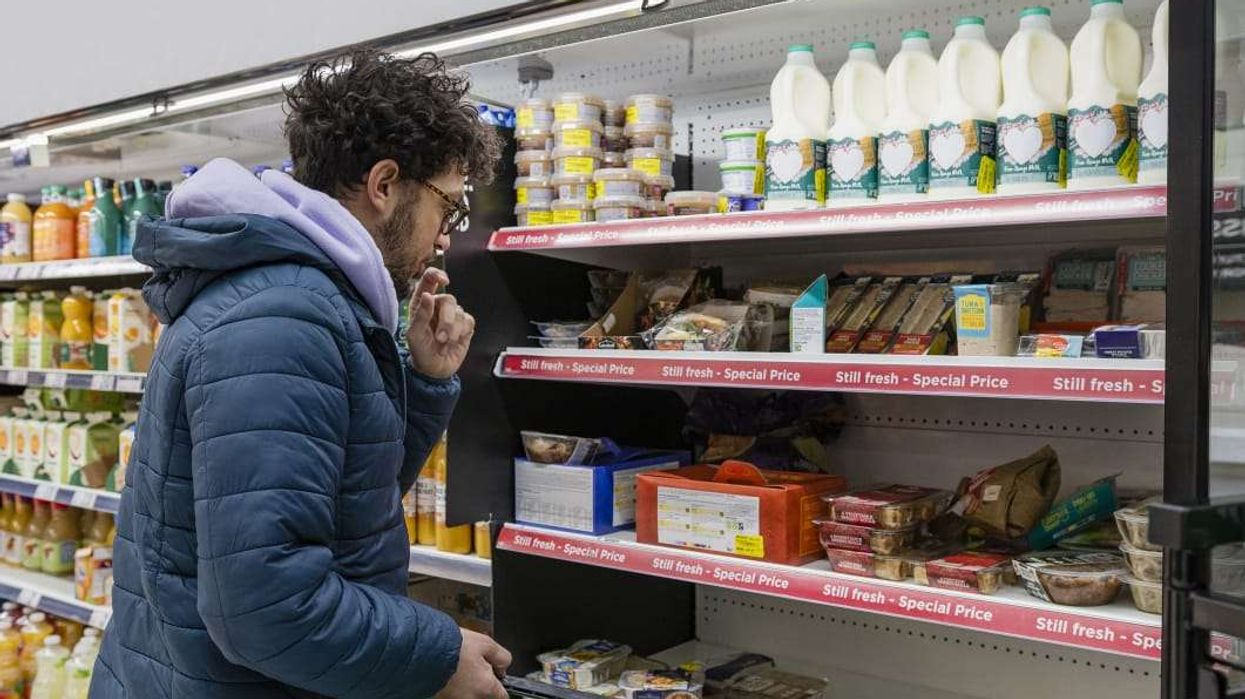Highlights
- Grocery inflation drops to 4.7 per cent in four weeks to 2nd November, down from 5.2 per cent last month.
- Tesco and Sainsbury's post strong growth of 5.9 per cent and 5.2 per cent respectively over 12 weeks.
- Asda loses full percentage point of market share as sales fall 3.9 per cent.
The latest data from Worldpanel by Numerator shows inflation easing from last month's 5.2 per cent reading. Official inflation figures are expected on 19th November.
Chocolate, fresh meat and coffee saw the steepest price increases, while items like household paper, sweets and dog food became cheaper.
Despite the slower inflation rate, actual grocery sales rose only 3.2 per cent year-on-year, meaning shoppers are buying less in volume terms as they continue to feel the squeeze.
Spending on deals surged 9.4 per cent compared with just 1.8 per cent growth on full-priced goods. Fraser McKevitt, head of retail and consumer insight at Worldpanel, noted that just under 30 per cent of spending at grocers in October was on promoted items.
Retailers shift share
Britain's biggest grocer Tesco strengthened its position over the 12-week period, with sales climbing 5.9 per cent and market share reaching 28.2 per cent, up from 27.7 per cent a year earlier. Sainsbury's also made gains, growing sales by 5.2 per cent and expanding its share to 15.7 per cent.
In contrast, Asda's difficulties continued. The supermarket chain recorded a 3.9 per cent drop in sales, losing a full percentage point of market share to stand at 11.6 per cent.
The fastest growth came from online retailer Ocado, which posted a 15.9 per cent sales increase. Among traditional stores, Lidl led the way with 10.8 per cent growth, while Aldi saw sales rise 4.4 per cent, holding steady at 10.6 per cent market share.
Other surveys released on Tuesday revealed that consumer spending across Britain had weakened last month, with shoppers holding off purchases ahead of Black Friday offers and the budget announcement on November (26).





